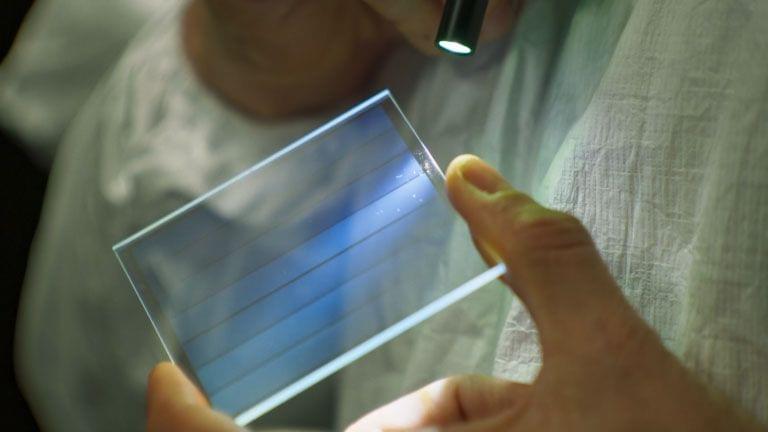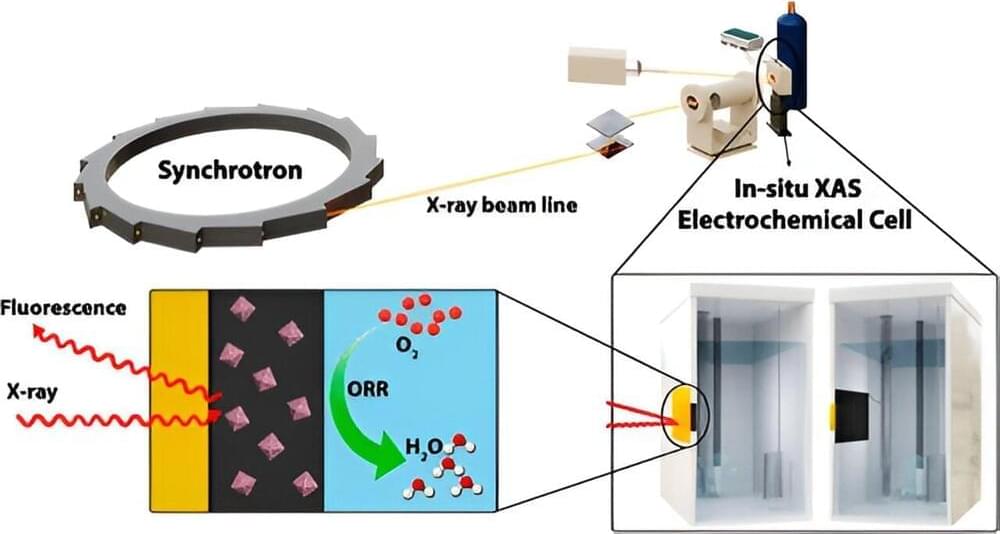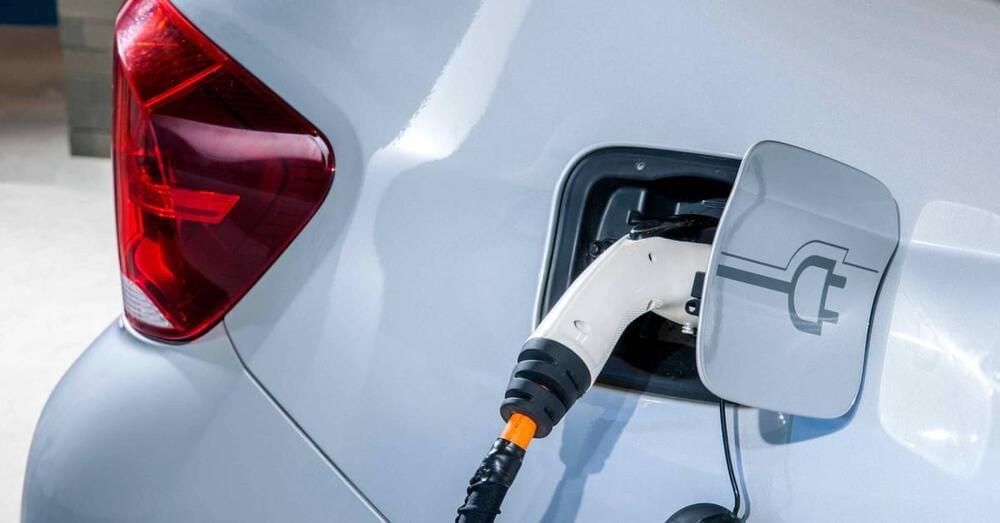Microsoft has decided its Project Silica storage would be an efficient and sustainable choice for its cloud data centers, with the 7 TB glass media touted to last 10,000 years.



A new Tesla Megapack has been installed at a water treatment plant in San Luis Obispo, California, according to a new report.
The City of San Luis Obispo installed a Tesla Megapack energy storage unit at its water treatment facility, as reported by Paso Robles Daily on Monday. The battery is part of the city’s commitment to “leading by example in climate action work” and its initiative to reach carbon neutrality on city operations by 2030.
“The installation of the Tesla battery system at our water treatment plant is a testament to our city’s commitment to sustainability, innovation, and resilience. I’m proud of the work our team has done to make this vision a reality,” said City Utilities Director Aaron Floyd.

A solar-powered car said to be the first in the world capable of driving off-road over long distances without recharging has completed a 620-mile (1,000km) test drive across Morocco and the Sahara.
The two-seat Stella Terra, designed by students at the Eindhoven University of Technology, completed the journey across a variety of challenging landscapes as part of a final test of its lightweight frame and aerodynamic profile.

Imagine a home that is eco-friendly, resilient to disasters, and can be built in a fraction of the time it takes to construct a traditional home.
That’s what’s possible with LGSF (Light Gauge Steel Frame) technology.
In Kozhikode, architect Majid TK has designed a unique LGSF home for Dr Jayakumar and his family. This weekend getaway home that can be disassembled, packed, and reassembled wherever you want.
Click the link here to learn more about LGSF homes.
Made for Dr Jayakumar and his family as a weekend getaway home, this unique house in Kozhikode is made using an ecofriendly technology called LGSF.
Please contribute whatever you can, every little penny helps our team in bringing you more stories that support dreams and spread hope.




There is an urgent need to address climate change, making the development of sustainable energy alternatives more important than ever. While proton-exchange membrane fuel cells (PEMFCs) have shown great promise for energy production, particularly in the transportation industry, there is a long-standing problem with their durability and cost.
A Western research team has addressed the issue with a new cobalt-modified nanomaterial making PEMFCs more robust, readily sourced and environmentally sustainable demonstrating just a two percent loss in efficiency rate following 20,000 cycles in a durability test.
The new nanomaterial is used to enhance oxygen reduction reaction (ORR), the process that forms water in the fuel cell allowing a higher current for more efficient power generation. The cobalt-modified nanomaterial also reduces the reliance on platinum to construct these fuel cells. A costly precious metal, and mined primarily in South Africa, only a few hundred tons of platinum are produced annually.

Ultracapacitors are awesome. But could they viably replace batteries in future electric vehicles?
Ultracapacitors have significant advantages over batteries, after all, they are much lighter, faster to charge, safer, and non-toxic. However, there are some areas where batteries wipe the floor with them, at least for now.
With recent acquisitions of ultracapacitor manufacturers by the likes of Tesla, ultracapacitors could be on the verge of ousting batteries as the go-to power source for electric cars.

Innovation thrives when we pause to observe, question, and reimagine the world around us, turning challenges into opportunities for progress. Nature, in particular, serves as a rich source of inspiration. By observing it, studying its daily challenges, and contemplating its processes, we can discover valuable insights that inspire innovative solutions.
One of these current challenges is the production of concrete, an ancient and extremely popular material that is now accountable for a significant portion of global CO₂ emissions, due to the energy-intensive process of cement production and the chemical reactions involved. It is estimated to be responsible for approximately 8% of the world’s… More.
Explore the impressive properties of Prometheus Materials’ zero-carbon bio-concrete, a sustainable alternative to traditional concrete.